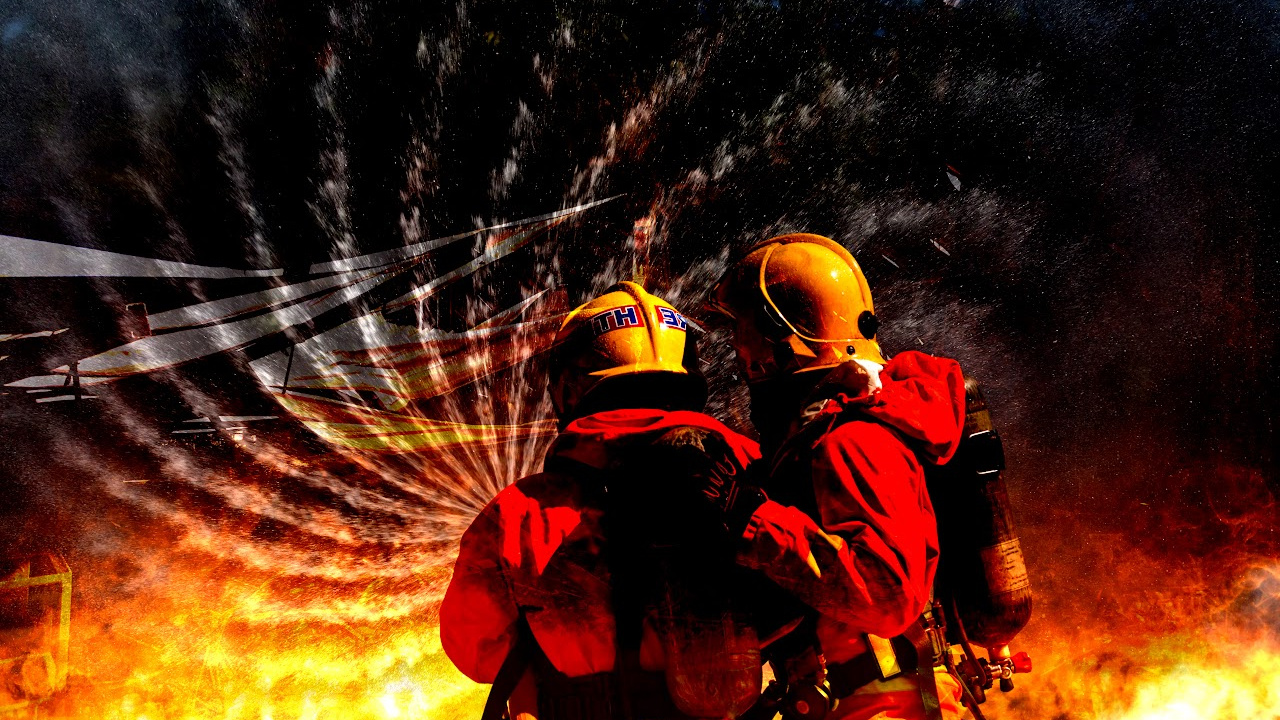Selling a house involves various legal and safety considerations. One important aspect is the presence of a gas safety certificate. A gas safety certificate, also known as a Gas Safety Record, is a document that verifies the safety of the gas appliances and installations within a property. It is a legal requirement in many countries, including the United States, to have a valid gas safety certificate when selling a house. In this article, we will explore the significance of a gas safety certificate in the process of selling a house and address the question: Can you sell a house without a gas safety certificate?
The Importance of a Gas Safety Certificate
A gas safety certificate plays a crucial role in ensuring the safety of the occupants of a property. It confirms that the gas appliances, such as boilers, gas cookers, and gas fires, have been inspected and deemed safe by a qualified Gas Safe registered engineer. The certificate contains details of the inspection, including any defects identified and necessary remedial actions taken.
Legal Requirements for Selling a House
In many jurisdictions, including the United States, it is a legal requirement to provide a valid gas safety certificate when selling a house. The purpose of this requirement is to protect the buyers from potential hazards associated with faulty gas installations. Without a valid gas safety certificate, the seller may face legal consequences and potential liabilities if any accidents or incidents occur due to gas-related issues in the property.
Consequences of Selling Without a Gas Safety Certificate
Selling a house without a gas safety certificate can have serious repercussions. Firstly, it may delay or even jeopardize the sale of the property. Many buyers insist on seeing the gas safety certificate before proceeding with a purchase. Without this document, buyers may become hesitant or completely withdraw from the transaction.
Secondly, selling without a gas safety certificate can lead to legal issues. If a buyer discovers gas-related problems after purchasing a property, they may hold the seller liable for any damages or injuries incurred. This can result in costly legal disputes and compensation claims.
Furthermore, insurance companies often require a valid gas safety certificate before providing coverage for a property. Without insurance, both the seller and the buyer are exposed to financial risks in case of accidents or damage caused by gas-related incidents.
Obtaining a Gas Safety Certificate
To obtain a gas safety certificate, it is necessary to hire a qualified Gas Safe registered engineer to conduct a thorough inspection of the gas appliances and installations in the property. The engineer will check for any leaks, ensure proper ventilation, test the functionality of the appliances, and assess overall safety compliance.
If any defects or safety issues are identified, the engineer will provide recommendations for repairs or replacements. Once the necessary remedial actions are completed, the engineer will issue a gas safety certificate. This certificate is valid for a specific period, usually one year, and must be renewed regularly.
The Role of Gas Safety Inspections in Home Sales
Gas safety inspections play a crucial role in the process of selling a house. These inspections ensure that the gas appliances and installations in the property are safe and meet the necessary standards. Buyers often request a gas safety certificate as proof that the property has undergone a thorough inspection. This certificate gives them confidence that they are purchasing a home with safe and compliant gas systems.
Understanding the Gas Safety Regulations
To sell a house, it’s important to have a clear understanding of the gas safety regulations in your jurisdiction. Familiarize yourself with the specific requirements, including the need for a gas safety certificate. Regulations may vary, so it’s essential to consult local authorities or seek legal advice to ensure compliance with the relevant laws.
The Potential Risks of Selling Without a Gas Safety Certificate
Selling a house without a gas safety certificate poses several risks. Firstly, it can deter potential buyers who prioritize safety and compliance. Without a certificate, buyers may question the condition of the gas appliances and installations, leading to doubts about the overall maintenance of the property.
Secondly, selling without a gas safety certificate exposes the seller to potential legal liabilities. If gas-related issues arise after the sale, the buyer could hold the seller responsible. This can result in costly legal disputes and financial repercussions.
Ensuring Compliance with Gas Safety Standards
To ensure compliance with gas safety standards, it is crucial to have a qualified Gas Safe registered engineer inspect the property’s gas appliances and installations. They will assess the safety and functionality of the systems, identify any defects or issues, and provide recommendations for necessary repairs or replacements.
By addressing these recommendations promptly, sellers can demonstrate their commitment to gas safety compliance and increase the attractiveness of their property to potential buyers.
Common Gas-Related Issues in Homes
Gas-related issues in homes can vary and may include gas leaks, faulty appliances, improper ventilation, or outdated installations. These issues pose serious safety risks and can result in carbon monoxide poisoning, gas explosions, or fires. A thorough gas safety inspection can help identify and rectify these issues, ensuring the safety of occupants and complying with regulations.
The Benefits of a Gas Safety Certificate for Buyers
Buyers greatly value a valid gas safety certificate when purchasing a house. It provides them with peace of mind, knowing that the property’s gas appliances and installations have been inspected by a qualified professional. The certificate also outlines any necessary repairs or actions taken, allowing buyers to make informed decisions about their investment.
The Responsibilities of Sellers in Gas Safety Compliance
Sellers have a responsibility to ensure the safety of their property’s gas systems. This includes arranging a gas safety inspection, addressing any identified issues, and obtaining a valid gas safety certificate. By fulfilling these responsibilities, sellers create a safer environment for future occupants and foster trust with potential buyers.
Steps to Obtain a Gas Safety Certificate
Obtaining a gas safety certificate involves several steps. Start by hiring a qualified Gas Safe registered engineer. They will inspect the gas appliances and installations, conduct tests, and assess compliance with safety regulations. If any issues are found, the engineer will provide recommendations for necessary repairs or replacements. Once these actions are completed, the engineer will issue the gas safety certificate.
Conclusion
In conclusion, a gas safety certificate is a crucial requirement when selling a house. It serves as proof that the gas appliances and installations in the property have been inspected and deemed safe. Selling a house without a gas safety certificate can lead to significant consequences, including legal issues, delays in the sale process, and potential liabilities for the seller. To ensure a smooth and legally compliant sale, it is essential to obtain a valid gas safety certificate before putting a property on the market.
FAQs (Frequently Asked Questions)
1. Can I sell a house without a gas safety certificate?
Selling a house without a gas safety certificate is not advisable as it can lead to legal issues, delays in the sale process, and potential liabilities for the seller. It is a legal requirement in many jurisdictions, including the United States, to have a valid gas safety certificate when selling a house.
2. How do I obtain a gas safety certificate?
To obtain a gas safety certificate, you need to hire a qualified Gas Safe registered engineer who will inspect the gas appliances and installations in your property. The engineer will issue the certificate if everything is found to be safe and compliant.
3. What happens if a buyer discovers gas-related issues after purchasing a property without a gas safety certificate?
If a buyer discovers gas-related issues after purchasing a property without a gas safety certificate, they may hold the seller liable for damages or injuries. This can lead to legal disputes and compensation claims.
4. How long is a gas safety certificate valid?
A gas safety certificate is usually valid for one year. It is important to renew it regularly to ensure ongoing safety compliance.
5. Can I get insurance for a property without a gas safety certificate?
Insurance companies often require a valid gas safety certificate before providing coverage for a property. Without insurance, both the seller and the buyer are exposed to financial risks in case of gas-related incidents or accidents.

